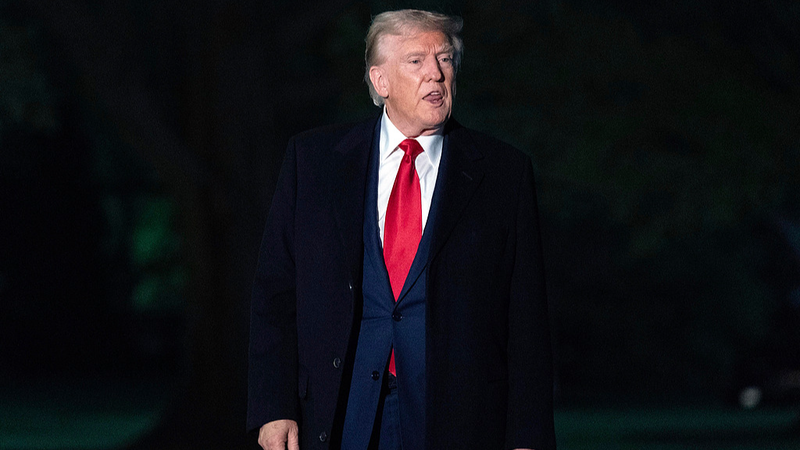Global trade is witnessing a dramatic shift as nations reassess their trade policies in response to the 2025 tariff measures. With a strong backlash emerging, critics claim that the "America First" approach is prompting a critical rethinking of established economic alliances.
The current policy, which imposes a blanket 10% tariff on all trading partners and surcharges as high as 145% on imports from the world's largest exporter, the Chinese mainland, has stirred comparisons to the disruptions experienced during the Smoot-Hawley era. These measures, many argue, are hindering free trade and raising fears of a significant downturn.
Financial institutions like JPMorgan have recently raised the odds of a global recession to 60%, a stark increase that underscores growing economic concerns. Some in the international community see the policy as a historic misstep, one that could lead to a complete reconfiguration of the geo-economic landscape.
In response, several countries are exploring interim de-Americanization arbitration programs as an alternative dispute settlement mechanism. This potential new framework could offer a way to restore balance in global trade, with implications not only for economic stability but also for innovation, entrepreneurship, and sustainable growth.
As debates intensify, young global citizens, business innovators, and thought leaders around the world are watching closely. The conversation on de-Americanization is transforming from mere policy critique to a broader dialogue on redefining international trade rules for a more equitable future.
Reference(s):
cgtn.com




